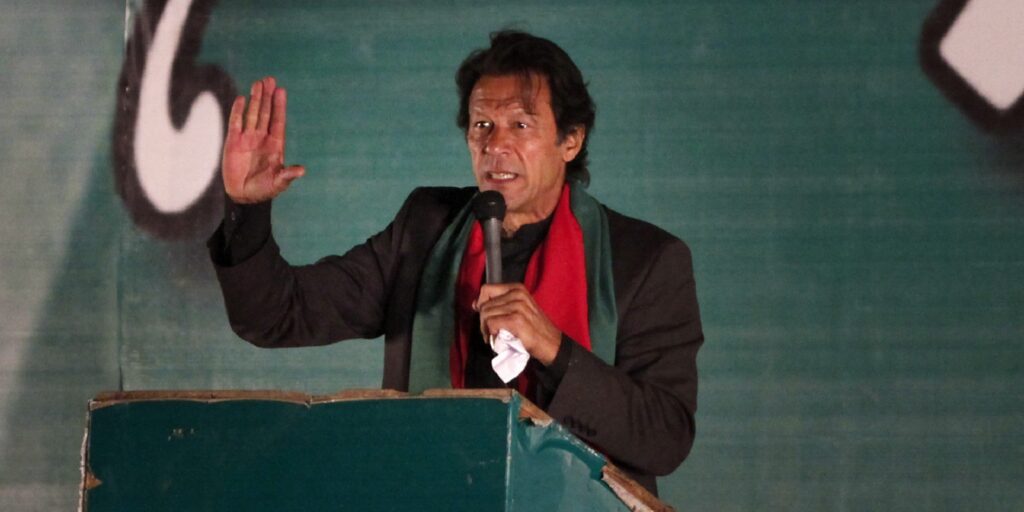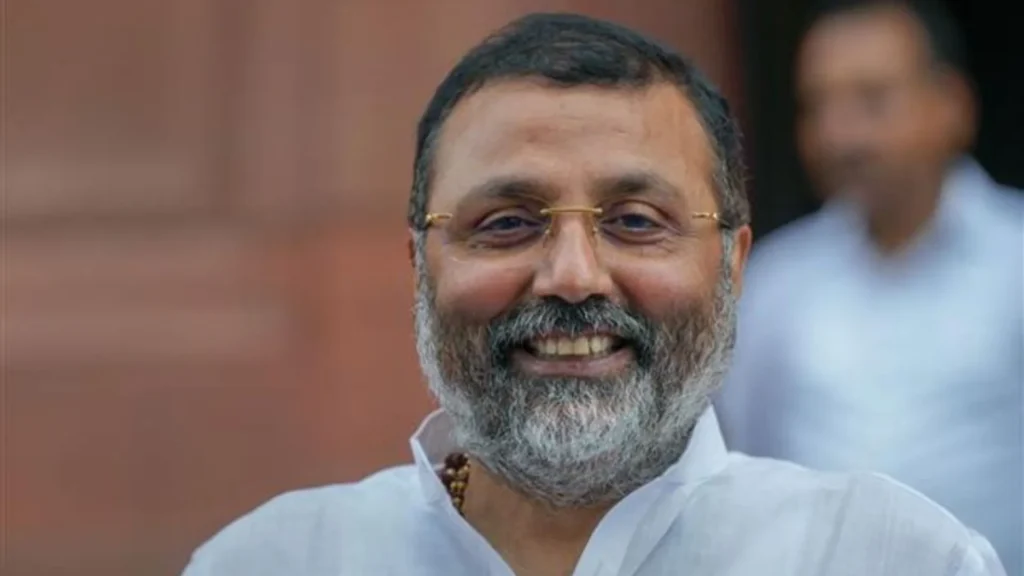Why Did Imran Khan Criticize Asim Munir’s Promotion to Field Marshal?
In a fiery statement from Adiala Jail, former Prime Minister Imran Khan has launched a blistering attack on the recent promotion of General Asim Munir to Field Marshal, a rare and symbolic rank in the Pakistan Army. With Pakistan facing a fragile democracy and deepening political unrest, Khan’s comments reignite the long-standing debate over military dominance in Pakistan’s politics. The remarks follow heightened tensions with India in the aftermath of Operation Sindoor, launched by India in response to the Pahalgam attack. Khan’s statement, released via his legal team, quickly gained traction on social media before being restricted under ongoing social media censorship in Pakistan.
Why Did Imran Khan Criticize Asim Munir’s Promotion to Field Marshal?
Imran Khan sarcastically congratulated Field Marshal Asim Munir, suggesting the title of “King” would be more appropriate in what he called a “law of the jungle” regime. He claimed the elevation was symbolic of Pakistan’s systemic breakdown, where the rule of law and democracy in Pakistan have been “razed to the ground”. Only the second officer in Pakistan’s history to receive the rank of Field Marshal, Munir’s promotion came after his assertive leadership during the India-Pakistan tensions of 2025, following the retaliatory strike by India for the April Pahalgam terror attack.
In his most scathing remarks yet from behind bars, former Pakistani Prime Minister Imran Khan has ridiculed the elevation of Army Chief Gen Asim Munir to Field Marshal — suggesting the title of “king” would have been more appropriate in what he calls a “jungle law” regime.
— IndiaToday (@IndiaToday) May 23, 2025
Gen… pic.twitter.com/TGhaFO8cEQ
“MashaAllah, General Asim Munir has been made Field Marshal. Though frankly, it might have been more fitting to give him the title of ‘King’ instead — because right now, the country is ruled by the law of the jungle. And in the jungle, there is only one king.”
Khan’s criticism strikes at the heart of Pakistan’s political crisis, where the military continues to wield disproportionate power over elected institutions. His public jibe resonates in a nation where the military’s influence shapes everything from electoral processes to foreign policy. Khan also dismissed any rumors of deals or negotiations with the army, emphasizing that any dialogue must center on Pakistan’s interests — not personal survival.
The rank of Field Marshal is largely ceremonial in Pakistan, with only one precedent: General Ayub Khan in the 1960s. However, elevating Army Chief Asim Munir to this position amid domestic unrest and international pressures sends a powerful message — of consolidation, control, and military supremacy over civilian governance.
How Do These Comments Tie Into the Larger Pakistan-India Conflict?
Imran Khan’s remarks arrive after a volatile period of military activity between India and Pakistan. Operation Sindoor was India’s direct retaliation to the Pahalgam attack, which claimed 26 civilian lives in April 2025. Under Munir’s leadership, the Pakistan Army and Pakistani Air Force responded forcefully, with Pakistani state media claiming they “thwarted Modi’s ambitions.” This elevated Munir’s national status and likely contributed to his promotion — something Khan sees as politically motivated rather than merit-based. Khan warned of further instability, referencing growing external threats and “another Indian attack” if the military continues to suppress democratic norms. He criticized Prime Minister Shehbaz Sharif for failing to hold the military accountable and accused the establishment of using national security as a smokescreen to silence dissent.
Imran Khan’s fiery rhetoric from Adiala Jail has reignited the civil-military discourse in Pakistan, putting Field Marshal Asim Munir’s promotion under public scrutiny. As India-Pakistan tensions remain high after Operation Sindoor, Khan’s warnings about “law of the jungle” governance and erosion of the rule of law in Pakistan highlight a democracy in peril. With Khan refusing any “backdoor deal,” the showdown between Pakistan’s civilian opposition and its powerful military seems far from over.





















